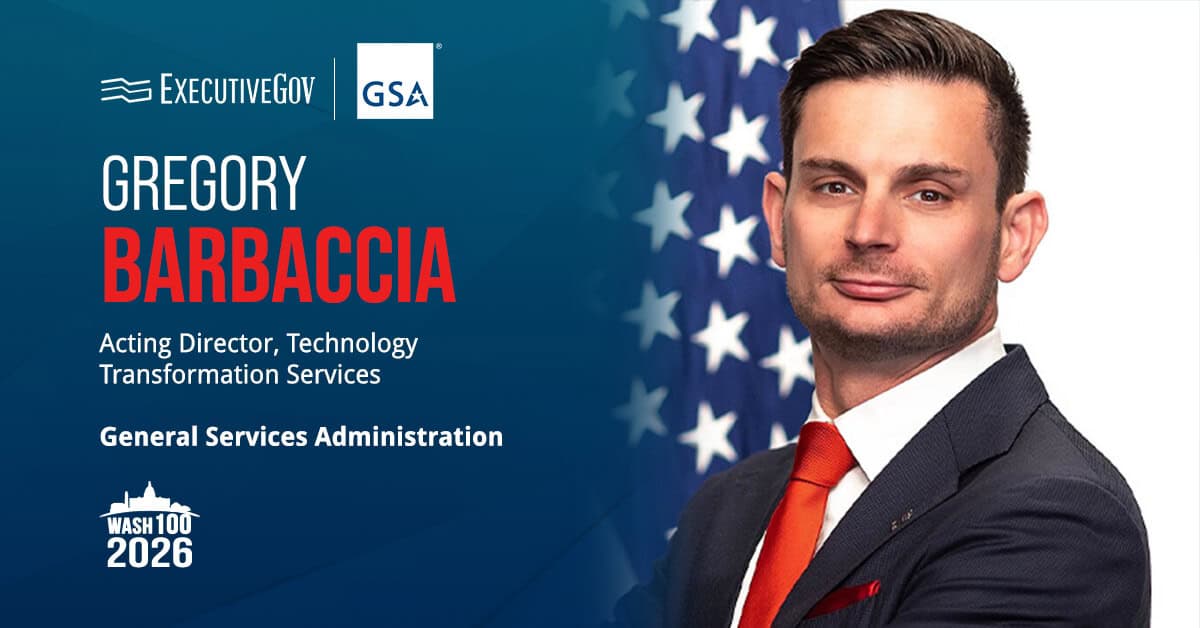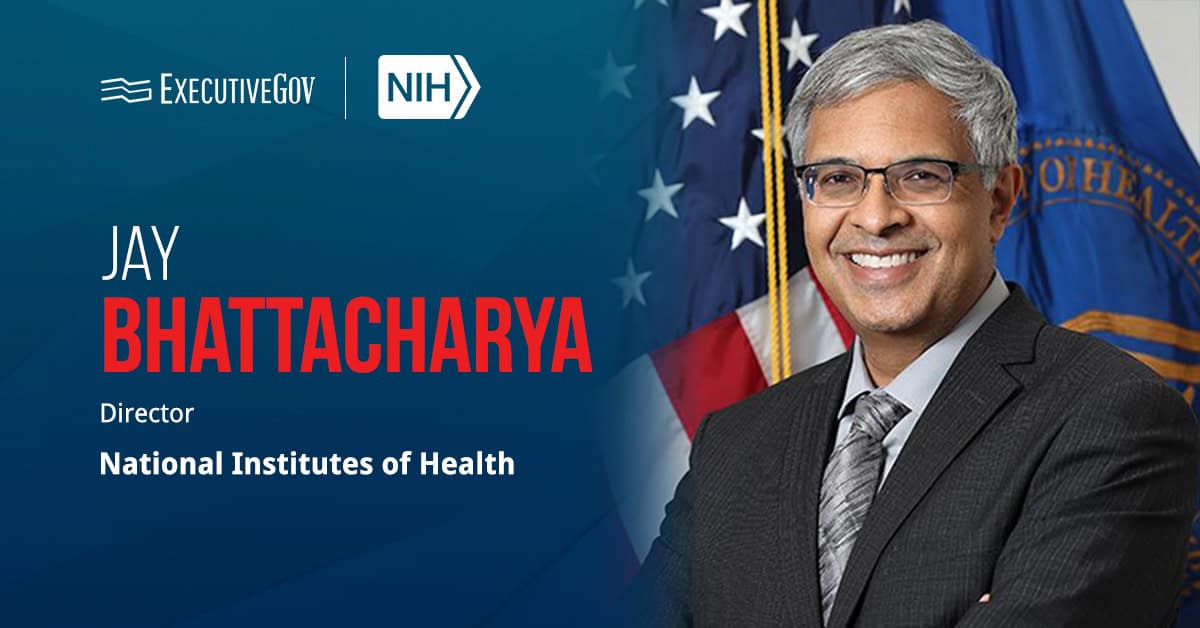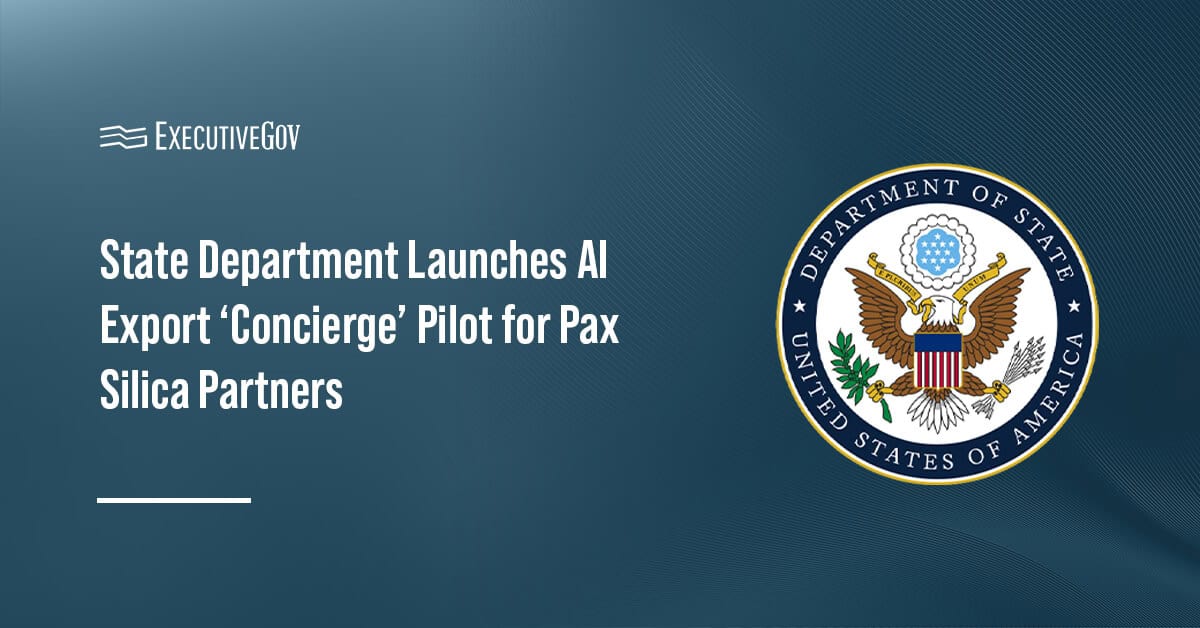 U.S. Cyber Command seeks a $175M procurement budget increase and sunset date extension in order to implement multiyear contracting efforts, FCWÂ reported Thursday.
U.S. Cyber Command seeks a $175M procurement budget increase and sunset date extension in order to implement multiyear contracting efforts, FCW reported Thursday.Stephen Schanberger, acquisition executive of Cybercom, said at the Billington Cybersecurity Summit held Sept. 6 in Washington, D.C., the command’s spending limit is $75 million and its budget authority is in effect through fiscal year 2021.
“Congress would like us to show that we actually can use our authority the way it’s supposed to be and start to stand on the backbone of what it takes to be a contracting organization,” Schanberger added.
The report noted Cybercom awarded only one contract during FY 2017 and awarded $40M in contracts so far this fiscal year.





